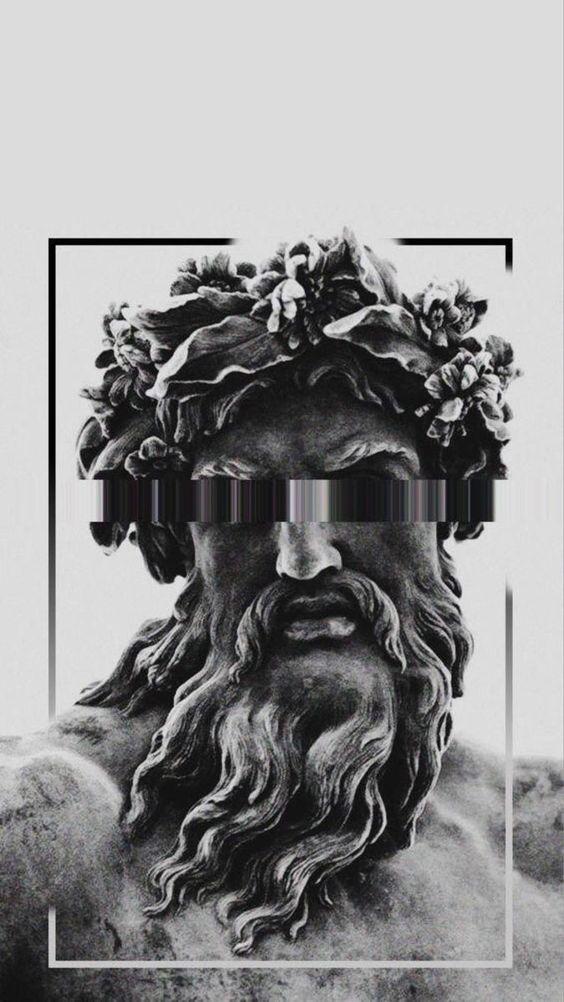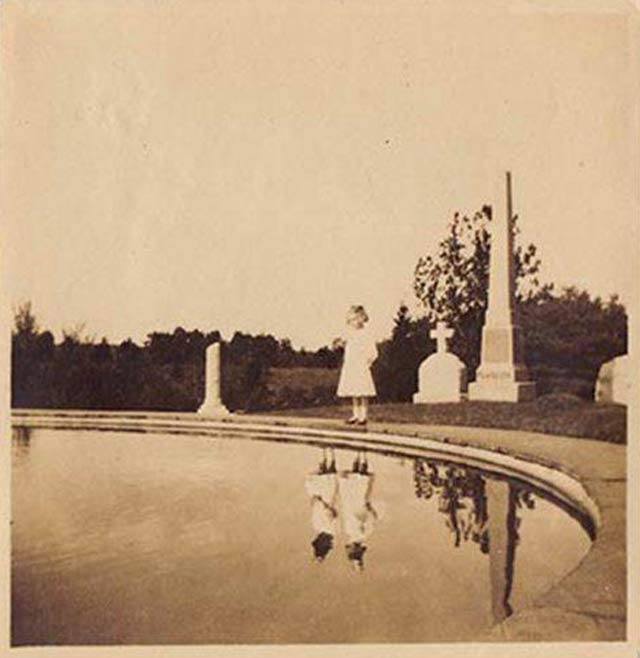For Isocrates, rhetoric was the discourse of responsible citizenship and was built upon the core values of Justice and moderation
(Marsh 8)
A Critical Abstract – Isocrates: Against the Sophists and Antidosis
Isocrates is an absolutely crucial figure when it comes to studying Greek civilization in the fourth century BCE. His impact cannot be denied. During the years from 403 to 393, he dedicated himself to writing speeches for the law courts of Athens.
But his influence didn’t stop there, as he also served as a mentor and teacher of composition for aspiring orators. His contributions were invaluable in shaping both the legal and rhetorical landscape of that time period. After setting up a school of rhetoric in Chios he returned to Athens and established there a free school of ‘philosophia’ involving a practical education of the whole mind, character, judgment, and mastery of language.
Here, I will identify the key concepts, theories and concepts discussed in two classical works from Isocrates: Against the Sophists and Antidosis.
Summaries:
Against the Sophists was written as a rationale for his newly opened school. He begins by identifying two trends in schools being formed at the time; the eristic and the sophist. Isocrates wanted to separate himself from the competition by making them irrelevant. His program is said to have offered a broader base of education. He also admits that not every person can be taught or be expected to perform at the same level because of the different levels of ability.
He acknowledges that natural ability has much to do with learning and discourse. He also promises that there does not “exist an art of the kind which can implant sobriety and justice in depraved natures” but that his school will help facilitate the growth of these ideals as well as others (Matsen 46).
Antidosis was written as a defense of his philosophy of education. An Antidosis is something that an Athenian would wear to court as a type of suit, to show that they felt they were unfairly taxed. The metaphor is used in this work in which he pretends to speak on his defense against the allegations of collecting large amounts of money to “train young men in the art of winning lawsuits” (Matsen 44) .
Isocrates makes the claim that it is better to train the mind, so that is what he has done and has chosen to teach. But as he stated before, not every student can be a champion. This is important because it shows that his character and ideals have been constant since the beginning. In the end, he summarizes that even though he can teach rhetoric, and so can others, the only thing better than rhetoric is good character.
Key concepts and theories discussed in Isocrates:
In Against the Sophists, the main concept is admitting to the public that everybody cannot learn at the same level, the students natural ability has to be taken into account. Introduction of a broad based learning environment, not just limited to study of a single subject (this is later transformed into the Liberal Arts Tradition).
In Antidosis, there is much emphasis on natural ability, practice and experience. Isocrates stands behind the claims he made earlier in his career that not every pupil can be a champion, he can only help cultivate their intellect so that they will hopefully be a better person and citizen.
He also adds that the only advantage that one has over words and rhetoric is character, if a man has led a just and moderated life, then the arguments and proofs of his accusers will not be successful.
Thank you for visiting with us. For more poetry or Literature related content, visit our blog at The Ritual.
Key theorists/scholars discussed:
In Against the Sophists, Isocrates bashes both the eristic (philosopher) and the sophists. He claims that the eristic can only be successful after the student learns to mimic and think like his teacher, in other words, the eristic doesn’t learn to think for their self. The sophist is described as being “nothing more than professors of meddlesomeness and greed” because they neglect justice and virtue (Matsen 46 ).
In Antidosis, the only character really mentioned is the sycophant, which was a demagogue who attempted to fatten the treasury by bringing false indictments against wealthy Athenian citizens. They are described as being “jealous, perturbed in spirit and are much in the same state of mind as lovers” (Matsen 54).
Major points:
In Against the Sophists, Isocrates’ point is to advertise his school and make his honest plea that he cannot teach everybody to be ‘great’, the notion of natural ability has to be taken into account. He argues against the sophist’s claims to be able to teach everybody the art of rhetoric for the courts. Isocrates was upfront about not being able to teach everybody, he can only provide a broad education to help improve the student’s mental faculty.
In Antidosis, the main point was to refute the claims that the slander and charges which were repeated against him are false; to persuade the Athenians to change their views about him; and not to judge him or his pupils because they choose to exercise and train the mind rather than the body. He then accuses the sycophants of trying to bring him down because it is in their interest to bring good men down, so they can wield “great power”, which they cannot do “over honorable and intelligent men” (54).
Analysis of Isocrates Works:
The articles here are written to demonstrate the importance of good character and ethics on behalf of Isocrates. It is interesting to see these types of virtues come up when we learn about rhetoric because in relation to the philosophers and the sophists, this perspective is much different in the sense that it leads to a more comprehensive view of a good education.
Not only does Isocrates’ perspective include philosophy and oratory, he acknowledges that people should also have a sense of justice and discipline. He addresses the issues of philosophy and oratory on a more personal level. More emphasis is placed on the persons cultural background and ideologies, rather than proofs or lofty orations.
In short, a person’s character has more weight than words or ideas. Isocrates was more interested in educating Athenians on being good people as a whole, not just good in certain exercises. This is much different that the sophists who are known as traveling teachers who only advised and trained pupils how to become better public speakers.
Also of note would be how Isocrates constantly turns the tables around on his accusers and questions their values and sense of judgement. He addresses his audience as “intelligent” and “proud Athenians.” These two works are specific to his Athenian audience. Isocrates makes a strong stand on defending his character in the beginning and towards the end of his career (Antidosis being printed 35 years after Against the Sophists.)
Isocrates lays the blue print for, or, emphasizes the following ideals: Liberal arts education; Character of rhetor; justice and self moderation; natural ability; practice and experience.
Thank you for visiting with us. For more poetry or Literature related content, visit our blog at The Ritual.
Isocrates Biographical Information:
Isocrates was born in Athens, in 436 B.C.E., 37 years after Socrates, 8 years before Plato, and 52 years before Aristotle. Similar to Socrates, Isocrates was known to be extremely shy and never delivered his speeches in public. Early in his career, he worked as a logographer, writing speeches for those who needed them for court purposes. He would eventually go on to begin a school of his own in which he would teach ideals of rhetoric, oratory, composition, history, citizenship, and culture.
Scholarship has highlighted the fact that during his lifetime, his school which ran for 50-plus years had a greater influence than that of Socrates, Plato, Gorgias, or any of the other attic orators. Even though he would debate with philosophers and sophists, he did not identify himself with either label.
For Isocrates, rhetoric was the discourse of responsible citizenship and was built upon the core values of Justice and moderation (Marsh 8).
Isocrates: The Philosopher We Should Have Studied At School
Isocrates is an absolutely crucial figure when it comes to studying Greek civilization in the fourth century BCE. His impact cannot be denied. During the years from 403 to 393, he dedicated himself to writing speeches for the law courts of Athens.
But his influence didn’t stop there, as he also served as a mentor and teacher of composition for aspiring orators. His contributions were invaluable in shaping both the legal and rhetorical landscape of that time period. After setting up a school of rhetoric in Chios he returned to Athens and established there a free school of ‘philosophia’ involving a practical education of the whole mind, character, judgment, and mastery of language.
Oh, what an incredible school! It attracted talented individuals from all corners of the Greek world, including renowned historians like Ephorus and Theopompus, as well as gifted orators such as Isaeus, Lycurgus, and Hypereides. And let us not forget about the brilliant Isocrates himself! He passionately wrote captivating essays on political matters with his main vision being a united Greece triumphing over the mighty Persian empire. How inspiring it must have been to be part of such a vibrant intellectual community!
In his remarkable Panegyricus, crafted for the momentous 100th Olympiad gathering in 380, he passionately advocated for Athens to take the mantle of leadership, potentially alongside Sparta. Although eventually turning his gaze towards Philip of Macedon, fate intervened and he tragically passed away just as Philip’s supremacy over Greece began to unfold.
Works Cited/Consulted
Marsh, Charles. Classical Rhetoric And Modern Public Relations [Electronic Resource]: An Isocratean Model / Charles Marsh. n.p.: 2012. SIUC online resources. Web. 5 Sept. 2013.
Matsen, Patricia P., Philip B. Rollinson, and Marion Sousa. Readings From Classical Rhetoric/Edited By Patricia P. Matsen, Philip Rollinson, Marion Sousa. n.p.: Carbondale: Southern Illinois University Press, c1990., 1990. I-Share. Web. 5 Sept. 2013.
Thank you for visiting with us. For more poetry or Literature related content, visit our blog at The Ritual.






Leave a Reply